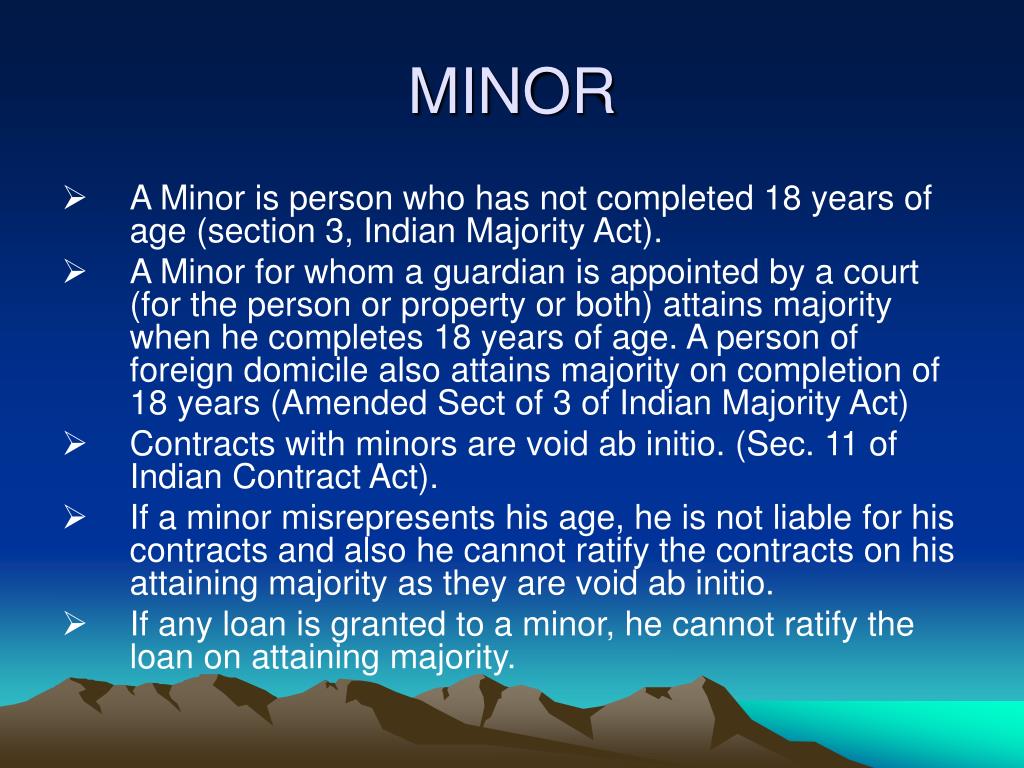

There are many times when an audited organization gets frustrated or even hostile because the auditor has assigned a major audit finding on an observation that the company deems insignificant. The difficulty with this approach is that new auditors or auditors of unfamiliar management systems may struggle to understand what is important. The most common method for determining whether a corrective action is assigned based on the importance of the audit finding is based on auditor experience. The assignment of the category for audit findings is usually left up to the auditor who ultimately may make the recommendation for corrective action. This means that every auditor must understand the difference between important audit findings and insignificant findings when they are assigning categories. a minor observation may result in the company receiving certification or obtaining a contract. The importance of a major observation vs. The basic definition of these different categories is shown in the sidebar, and many organizations will establish their own definitions for levels of audit findings. Depending on the type of audit being performed, auditors can also assign audit findings as opportunities for improvement (OFI) or recommendations. Auditors generally assign findings as major, moderate, and minor to observations some companies only assign levels of major or minor. Let’s look first at how most organizations, registrars, or regulatory agencies assign levels of importance to audit findings. It will discuss some approaches that auditors can either assign corrective action based on their experience with auditing or using a risk-based approach. This article will discuss this approach as well as some alternative approaches that can be taken for ensuring that important audit findings can be effectively prioritized over insignificant findings. In most audits the issuance of a corrective action is an automatic process that is mandated by the company’s internal procedure.
Minor meaning verification#
Whether the audit criteria calls for verification of the quality system against the company’s own procedures or against a regulatory standard, audit findings must be evaluated for significance. More important, auditors must also decide whether to issue a corrective action or give only a recommendation for corrective action. Many auditors struggle with deciding what level of importance audit findings constitute in relation to an organization’s quality system or audit criteria.


 0 kommentar(er)
0 kommentar(er)
